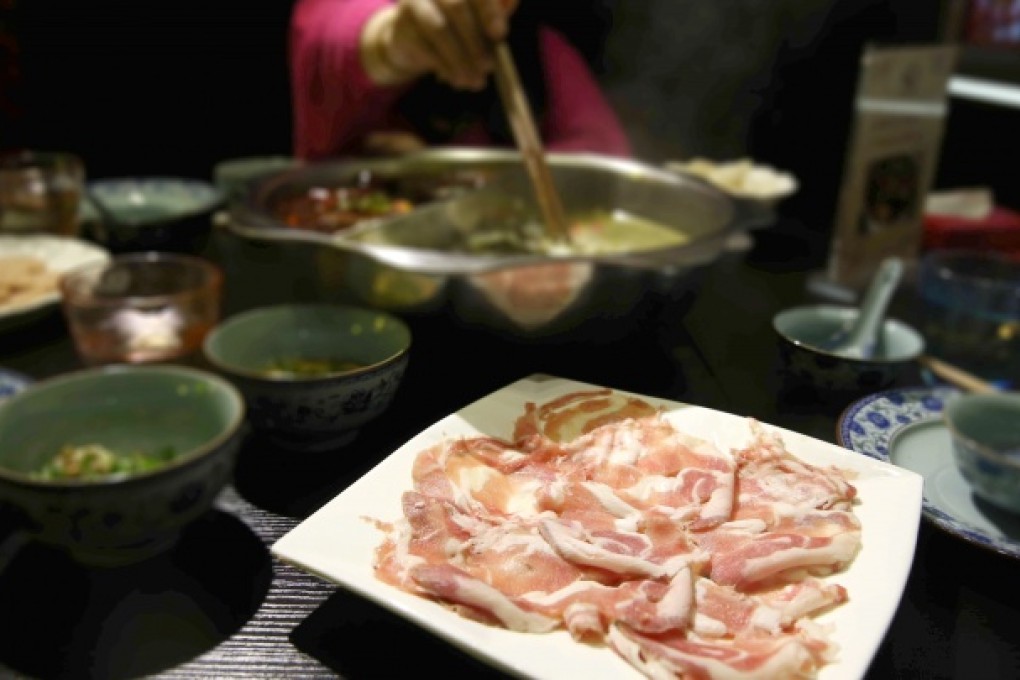Chinese government watchdogs issue tips on detecting fake food following scandals
After a string of food scandals over the years, the media and government quality watchdogs are offering mainlanders a host of hints about how to detect dodgy comestibles.

After a string of food scandals over the years, the media and government quality watchdogs are offering mainlanders a host of hints about how to detect dodgy comestibles.
In a recent example, after the Public Security Ministry announced early last month that more than 900 people had been arrested over a meat-substitution racket, police in Zhoushan, Zhejiang, offered tips on their official microblog account on how to distinguish fake mutton from the real thing. The culprits had used everything from fox to rat meat.
The detailed guidelines - which appeared the day after the news broke - were even accompanied by illustrations.
"It is difficult to tell the difference if you are not watching carefully," the post said. "But after close observation, we can say there are very big differences."
The guidelines told customers to examine carefully the connections between the fat and the meat in slices of mutton - were they separated or did they stick together, and did the meat fall apart into several pieces after being boiled for two minutes?
Other guidelines cover everything from ginger to sesame oil, vinegar, leeks, rice, corn, pork, milk powder and bean sprouts.